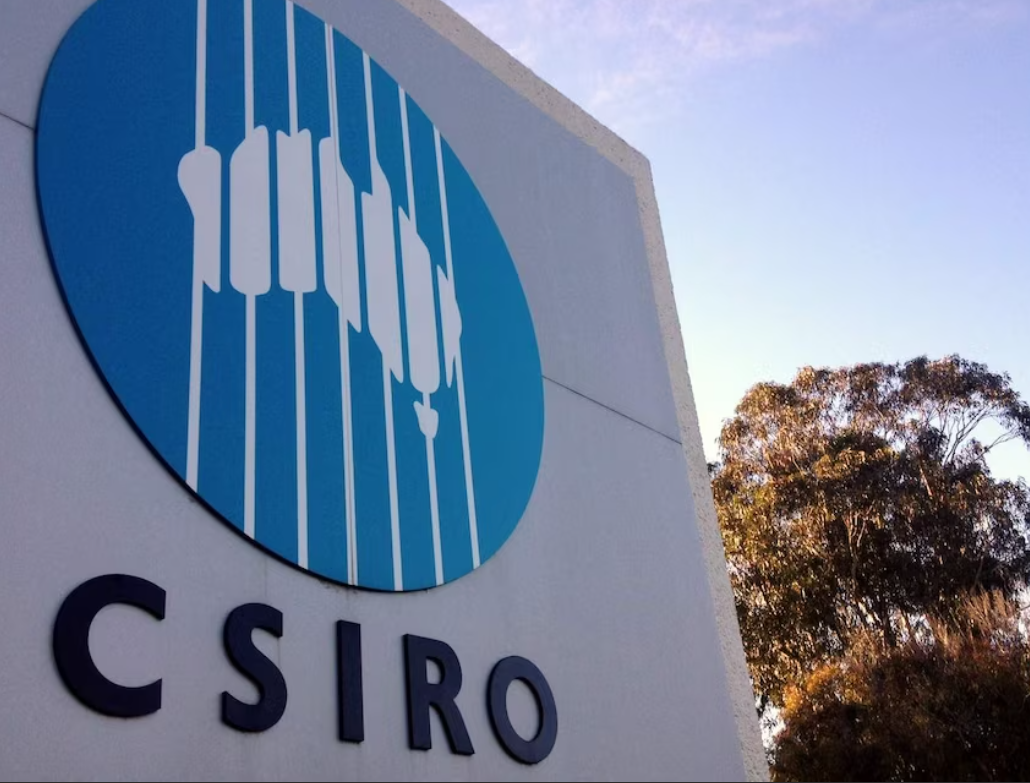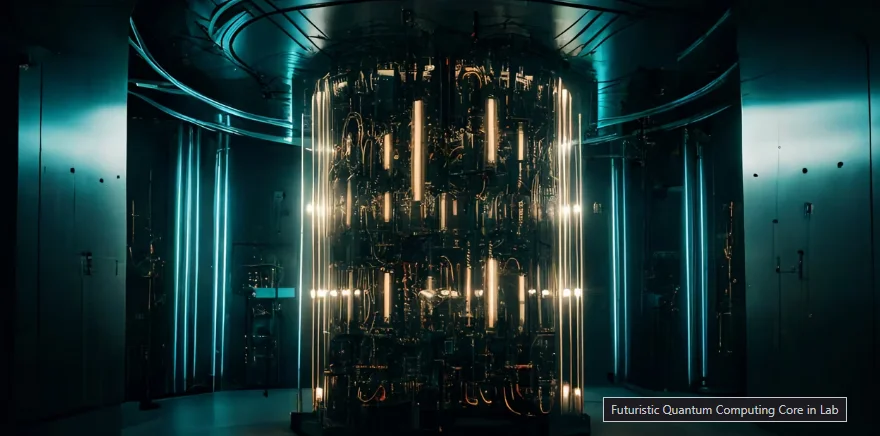New research this month from Australia’s national science agency, CSIRO, reveals that AI can address quantum computing errors, a crucial step towards solving complex real-world problems. Published in Physical Review Research, the study shows AI can process and resolve qubit noise, a major barrier in quantum computing.
Quantum computers use qubits, which can represent 0, 1, or both simultaneously, promising immense computing power. However, qubits are prone to noise, leading to errors in their outputs. CSIRO’s AI neural network syndrome decoder efficiently detects and corrects these errors.
Dr. Muhammad Usman of CSIRO’s Data61 Quantum Systems Team implemented and trained this neural network, which was benchmarked on IBM quantum processors. The AI demonstrated efficient error correction, suggesting that AI could achieve full fault-tolerance as physical error rates decrease in the future.
“Our work for the first time establishes that a machine learning-based decoder can, in principle, process error information obtained directly from measurements on IBM devices and suggest suitable corrections despite the very complex nature of noise,” Usman said. “In our work, we do not observe error suppression when the error correction code distance is increased, as theoretically anticipated, due to currently large noise levels (above code threshold) in IBM quantum processors.”

Featured image: Credit: CSIRO
















